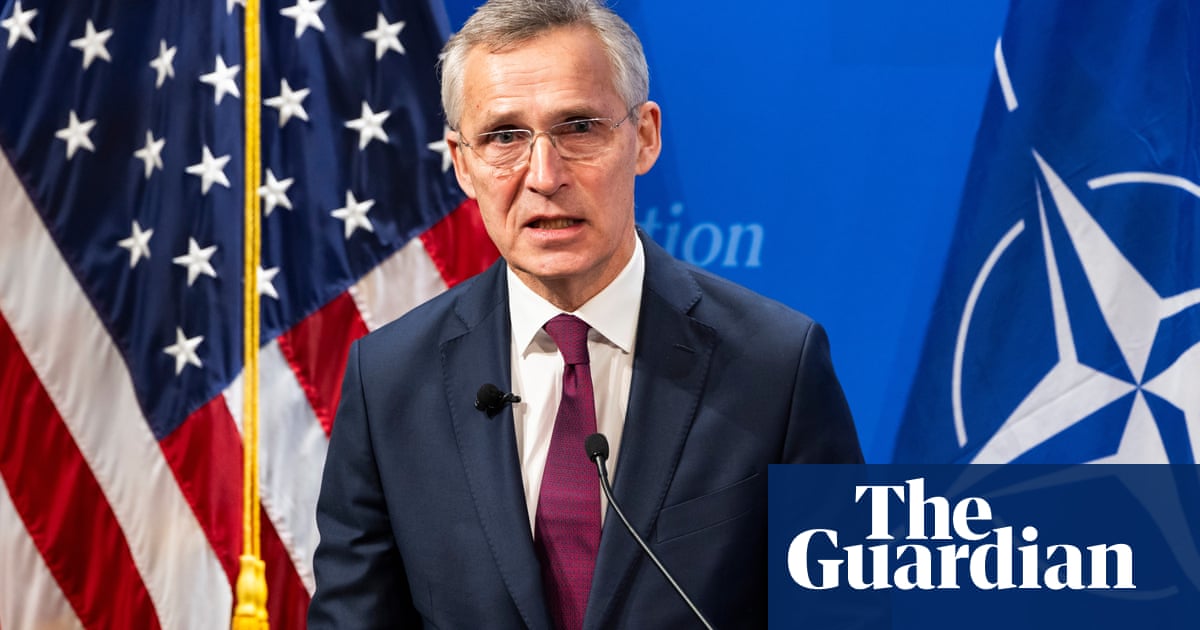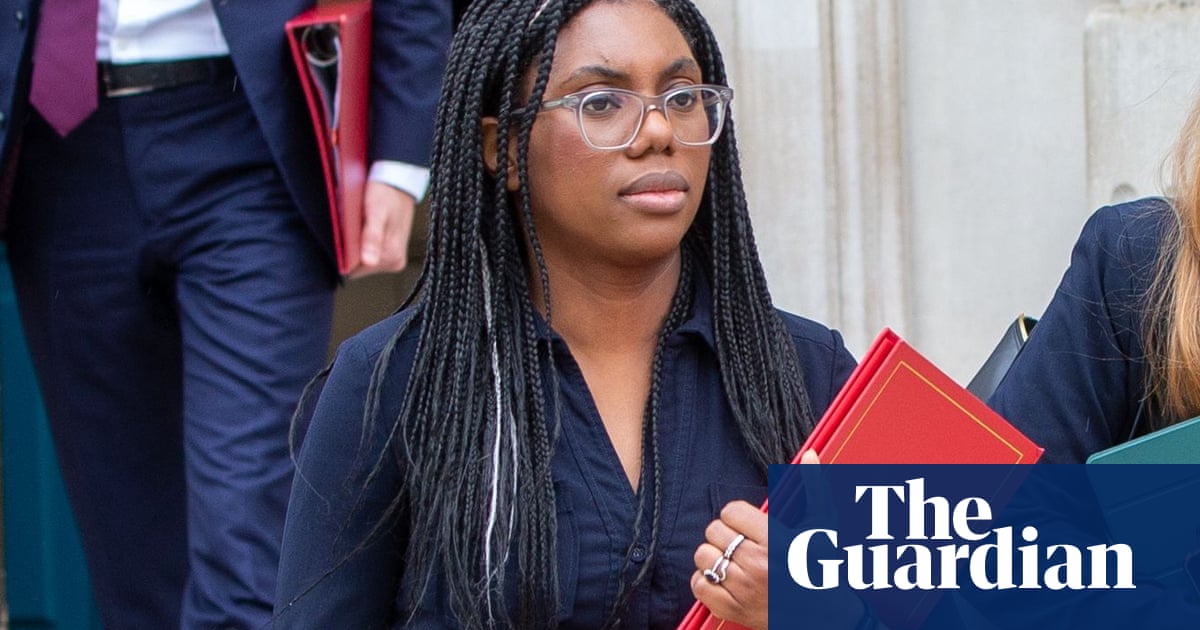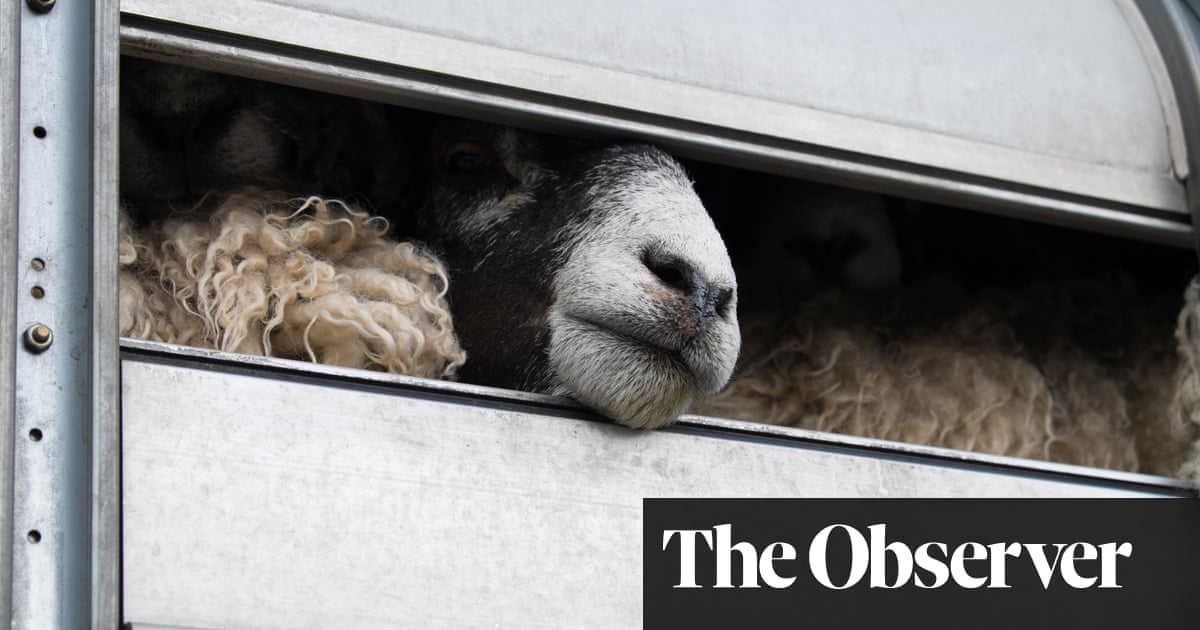
The Nato chief, Jens Stoltenberg, has said any attack on the western military alliance would be met with a “united and forceful response”, after Donald Trump invited Russia to attack member countries that he perceived as not meeting their financial obligations.
Stoltenberg said in a statement: “Any suggestion that allies will not defend each other undermines all of our security, including that of the US, and puts American and European soldiers at increased risk. I expect that regardless of who wins the presidential election, the US will remain a strong and committed Nato ally.”
He said Nato remained “ready and able to defend all allies”.
Trump told a campaign rally in South Carolina on Saturday night that he would “encourage” Russia to attack any of the US’s Nato allies that he felt were not paying their fair share.
The White House described the remarks as “appalling and unhinged”.
The former president has voiced misgivings about aid to Ukraine as it defends itself from the invasion launched by Russia in February 2022 – as well as to the existence of Nato, the 31-nation alliance that the US has committed to defending when necessary.
On Saturday, Trump claimed that during an unspecified Nato meeting he had told a fellow head of state that the US under his leadership would not defend any countries who were “delinquent”.
“One of the presidents of a big country stood up and said: ‘Well, sir, if we don’t pay, and we’re attacked by Russia, will you protect us?’ I said: ‘You didn’t pay, you’re delinquent?’” said Trump, adding: “No, I would not protect you. In fact, I would encourage them to do whatever the hell they want. You got to pay. You got to pay your bills.”
The Polish defence minister, Władysław Kosiniak-Kamysz, wrote on X: “Nato’s motto ‘one for all, all for one’ is a concrete commitment.”
He added: “Undermining the credibility of allied countries means weakening the entire Nato. No election campaign is an excuse for playing with the security of the alliance.”
The president of the European Council, Charles Michel, wrote on X that “reckless statements” on Nato’s security and solidarity only served the interests of the Russian president, Vladimir Putin. “They do not bring more security or peace to the world,” Michel said. “On the contrary, they re-emphasise the need for the EU to urgently further develop its strategic autonomy and invest in its defence. And to keep our alliance strong.”
The EU internal market commissioner, Thierry Breton, told the French TV channel LCI that Trump’s comments on military spending by Nato members were not new. “We have heard that before … Nothing new under the sun,” he said.
Breton added that European leaders understood that the EU needed to separately boost its own military spending and capacities and defence of sovereignty. “We cannot flip a coin about our security every four years depending on this or that election, namely the US presidential election,” he said.
Breton told LCI that Trump’s account of the meeting with Nato leaders was incorrect. “There’s maybe a little problem with his memory – it was actually a female president, not of a country but of the European Union,” Breton said, referring to the European Commission president, Ursula von der Leyen, and a conversation she had with Trump in 2020.
In London, Peter Ricketts, a member of the House of Lords who previously served as the permanent representative to Nato in Brussels, wrote on X: “Not very plausible that the president of a ‘big’ European country would ask him that (or call him sir!). Trump seems to think that Nato is like a country club: you pay 2% of your GDP to the US which then provides defence services. Deeply corrosive of trust among Nato allies.”
Jan Lipavský, the Czech Republic’s minister for foreign affairs, said: “Nato is currently in the strongest position it has ever been, both because of the strong transatlantic link and because of the domestic deterrence and defence tasks that European allies are performing. Faced with the biggest threat since the end of the second world war, we are increasing defence budgets and acquiring new capabilities, many of which originate in the US.”
The White House spokesperson Andrew Bates, when asked about Trump’s comments, said: “Encouraging invasions of our closest allies by murderous regimes is appalling and unhinged – and it endangers American national security, global stability and our economy at home.”
The Nato treaty contains a provision that guarantees mutual defence of member states if one is attacked.
Nato countries agreed in 2014, after Russia annexed Ukraine’s Crimean peninsula, to halt the spending cuts they had made after the cold war and move towards spending 2% of their GDP on defence by 2024.
As of 2022, Nato reported that seven of what are now 31 Nato member countries were meeting that obligation, up from three in 2014. Russia’s 2022 invasion of Ukraine has spurred additional military spending by some Nato members.
During his 2016 campaign, Trump alarmed western allies by warning that the US under his leadership might abandon its Nato treaty commitments and come to the defence only of countries that meet the alliance’s 2% target.
In campaign speeches, Trump has remained sceptical of organisations such as Nato, often lamenting the billions that the US spends on the military alliance whose support has been critical to Ukraine’s fight against Russia’s invasion.











